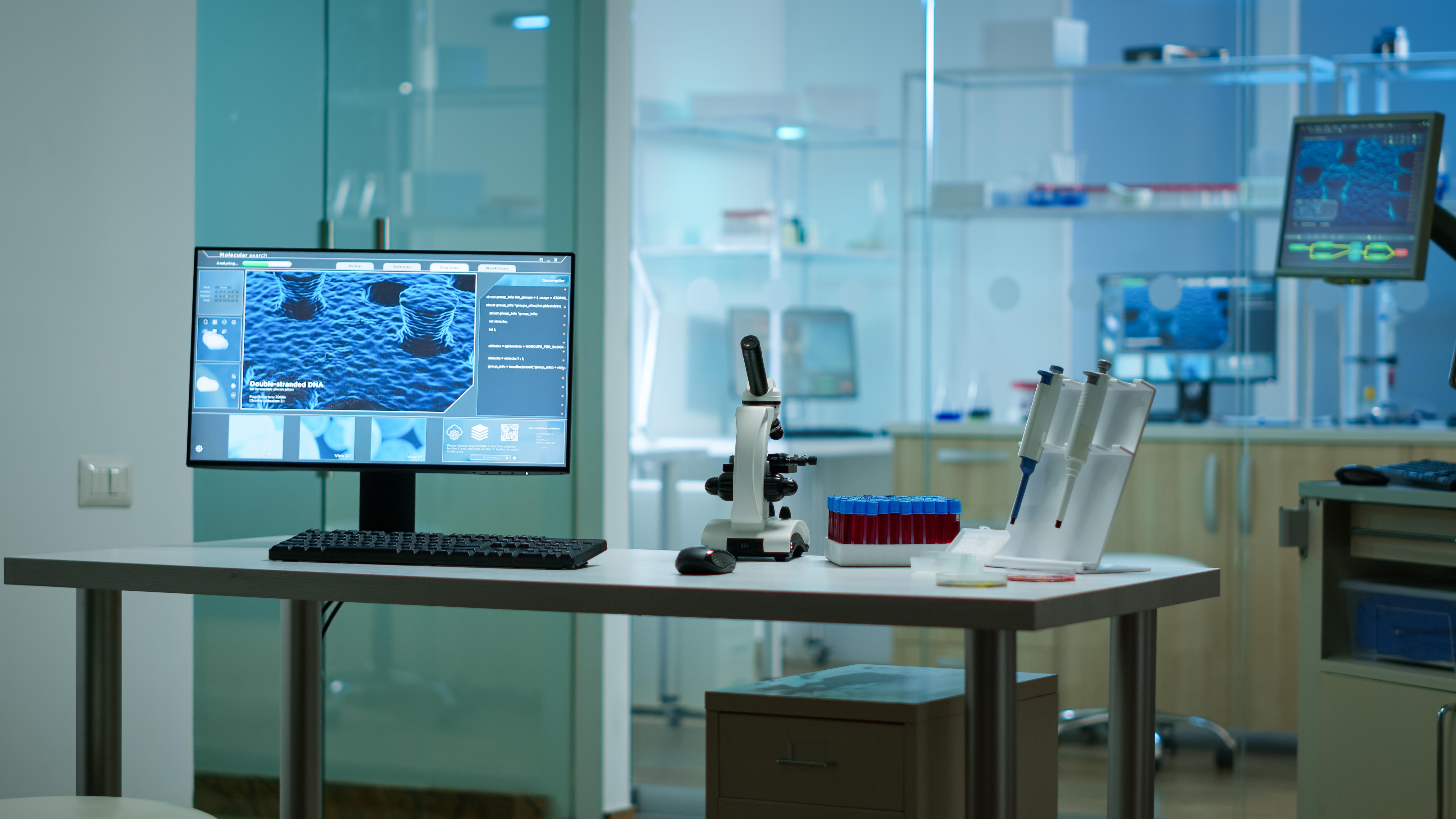
Best Practices for Data Management in Laboratories
Data management is a critical aspect of laboratory operations, impacting everything from efficiency to compliance. Ignitive LIMS offers robust data management features that help labs organize, secure, and analyze their data effectively. Here are some best practices for data management using Ignitive LIMS:
- Centralized Data Repository: Use Ignitive LIMS to create a centralized repository for all lab data, ensuring that information is easily accessible and organized.
- Data Security: Implement the security features of Ignitive LIMS to protect sensitive data, including encryption and access controls.
- Regular Backups: Schedule regular data backups within Ignitive LIMS to prevent data loss and ensure business continuity.
- Standardized Data Entry: Ensure that all data entry is standardized to maintain consistency and accuracy across the lab.
- Automated Data Capture: Leverage Ignitive LIMS's ability to integrate with lab instruments and automate data capture, reducing manual errors.
- Data Analysis Tools: Utilize the data analysis tools within Ignitive LIMS to derive meaningful insights and make informed decisions.
- Compliance Monitoring: Use Ignitive LIMS to monitor compliance with data management regulations, ensuring that all data practices meet industry standards.
By following these best practices, labs can optimize their data management processes, ensuring that data is accurate, secure, and easily accessible for analysis and reporting.
